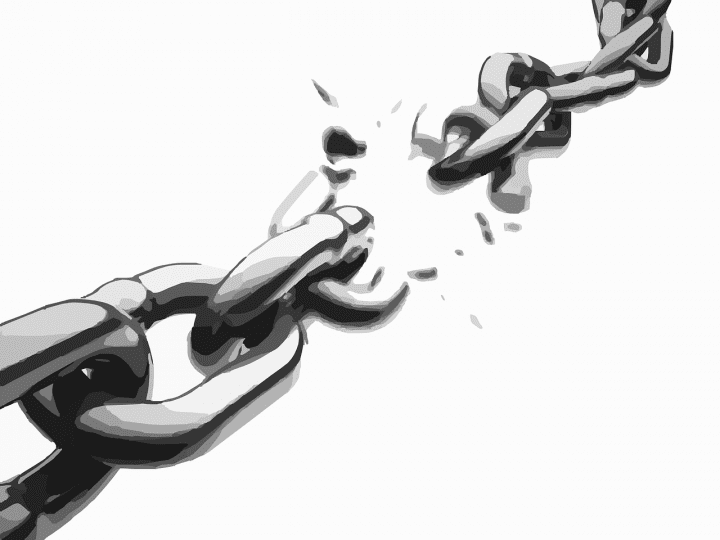
I empathize with Christians who live under the fear that either themselves or those they love will end up annihilated or burning in eternal hell someday. The fear of this kind of death—or life lived in agony, if the case may be—was so utterly destructive to my mind I am still a bit surprised I have any faith today at all. I plan on including detailed descriptions of my nightmares as a youth in my second book. But for now, here is a brief synopsis of those chilling events:
- · I would have a recurrent dream where I would attempt to escape a store that was being flooded with spiders, scorpions, and snakes.
- · Another recurrent dream was one in which I would have to fight in an Armageddon-esque battle side-by-side my agnostic Grandfather.
- · The final terror was one where I ran throughout my house screaming “snake eyes.” In a sluggish, sleepy state, I vaguely remember staring and screaming at my unrecognizable mother.
I believe that the majority of the anxiety that led to my nightmares was the belief that either me or my loved ones were headed to eternal torment in literal flames. Anthropologist Ernest Becker bleakly but accurately summarizes how I once viewed death. He writes:
Man is literally split in two: he has an awareness of his own splendid uniqueness in that he sticks out of nature with a towering majesty, and yet he goes back into the ground a few feet in order to blindly and dumbly rot and disappear forever. It is a terrifying dilemma to be in and to have to live with. (Becker, The Denial of Death, 26)
I shudder even thinking that something like this—or infinitely worse!—should be the whole of our fate. It is an anxiety nobody should have to live with. It is an anxiety that took over my mind for a long time. It possessed both my waking and sleeping thoughts. It was a demon that haunted me for nearly two decades. But it was a demon that has since fled.
Thank God!
As one who now adheres to the doctrine of ultimate redemption—or universal reconciliation—I am eternally grateful I no longer live with such an anxiety. I am now set free to fully embrace the Creator—our Abba. Beforehand, free would have been one of the last words used to describe my psychological plight. But now, it is the perfect word to use.
Salvation—which I now seen as a free gift to all—is not something I worry about any longer. Because of this, I have been quite motivated to offer others constant and consistent grace, forgiveness, and mercy. While the common misconception is that Universalism will lead to apathetic behavior, the reality is that behavior will be in imitation of each other, as well as of the God we worship. Thus, if forgiveness and grace for all is emphasized theologically, those believers, in theory, will imitate such conduct. It certainly has helped me in my propensity to imitate. That is not to say I am where I need to be, just that where I came from was that bad!
If you have either walked away from Christianity, have never considered it, or are struggling with certain doctrines you think are the only options, I invite you to explore the non-violent Abba revealed through Christ Jesus. This is not an altar call and I do not proselytize. I do, however, believe in the transformative Gospel of Jesus Christ. I believe he died for all, while all were yet sinners. If more Christians could embrace the belief that the Father is for us all, then I believe we can heal a broken world and save a fledgling Church.
Time will tell if and when this happens. Until then, pray for peace.
Grace and peace be with you all.













